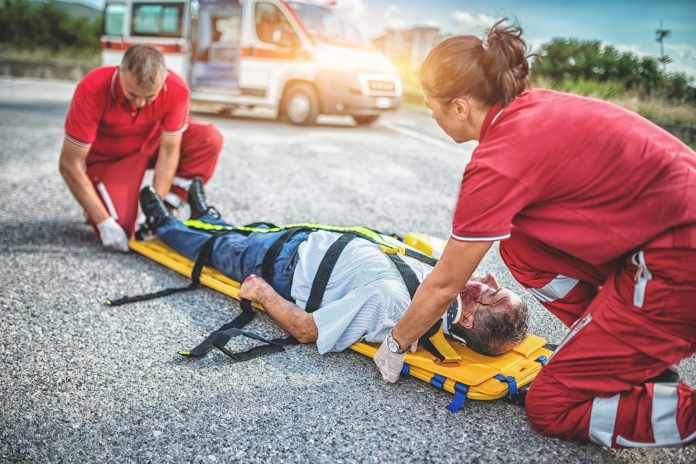Although UK tourism looks set for a slow recovery from the coronavirus pandemic, the demand for staycations is expected to outstrip supply this summer. With confusion over the rules surrounding international travel and potential quarantine measures that heading abroad could result in, many holidaymakers are looking to stay at home. Here are the Common Accidents that happen at Hotels and How to Prevent Them:-
The hospitality industry is moving back towards something more like normality, but with an increase in the number of workers and guests on site comes an increase in the potential for accidents to happen.
It’s important to guard against such accidents by having hotel insurance that offers the level of coverage you need, but there are also other measures that can be taken to reduce the likelihood of staff and customers getting hurt.
Slip and trip hazards
According to the Health and Safety Executive, 29% of non-fatal injuries sustained by employees are due to of slips, trips or falls on a single level. If there’s something in your hotel that causes a worker to take a tumble, it could also pose a risk to one of your customers.
Prevention: Make sure all floors are in good condition with no bumps or loose fittings. Ensure no cables are left laying across the floor and provide adequate lighting and signs for slippery areas that may have just been cleaned. — If the accident occurs either when working or taking some days off, make sure you’re protected. For more information on how to proceed in such circumstances, you can check out hirschandlyonaccidentlaw.
Manual-handling injuries
Whether it’s from regular exposure to heavy objects or a one-off incident, handling, lifting and carrying is a common cause of injuries in the hospitality sector.
Prevention: Before allowing staff to carry out any manual handling, it is important they are given thorough training so they can follow best practice. Providing lifting equipment and apparatus can ease the burden, while placing a rule on the maximum weight a person can lift on their own could encourage workers not to overstretch themselves.
Guest bedrooms
It’s not just in communal areas that guests will need protecting – furniture and electrical equipment in their private rooms could also pose a hazard. There is also the potential for germ transfer between occupants without sufficient cleaning.
Prevention: Ensure all electrical goods in private rooms are tested by a qualified electrician at regular intervals. Keeping an eye on the condition of the bed and chairs in the room is also worthwhile, as you could catch them becoming unstable before a customer does. A deep, anti-bacterial clean of a room after its use has never been more important either.
Acts of violence
No one should be subjected to violence while going about their job, but unfortunately there are times when this occurs.
Prevention: The level of security in a hotel can easily be increased with the installation of locks and CCTV, while something as simple as a wider counter can reduce the chance of a physical confrontation occurring between an employee and a customer at the front desk. As with any type of accident, it’s important to record incidences of violence to see if any patterns can be identified.



















